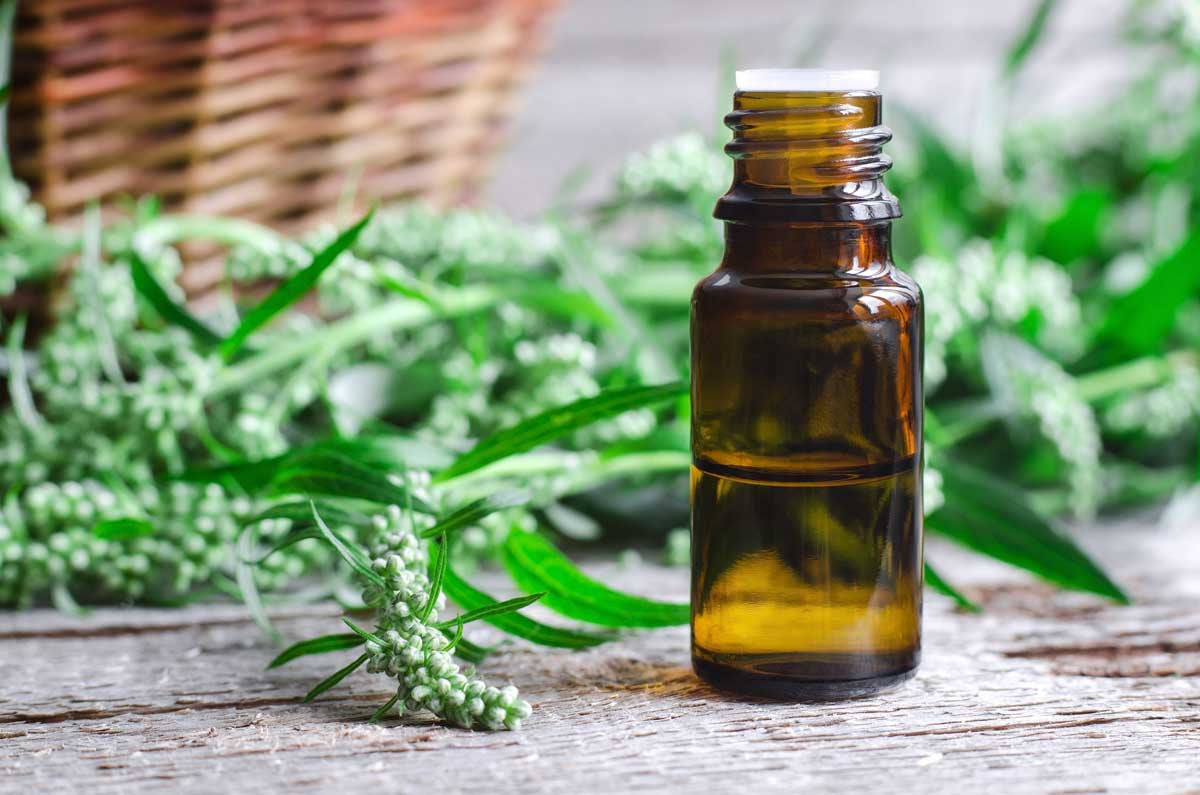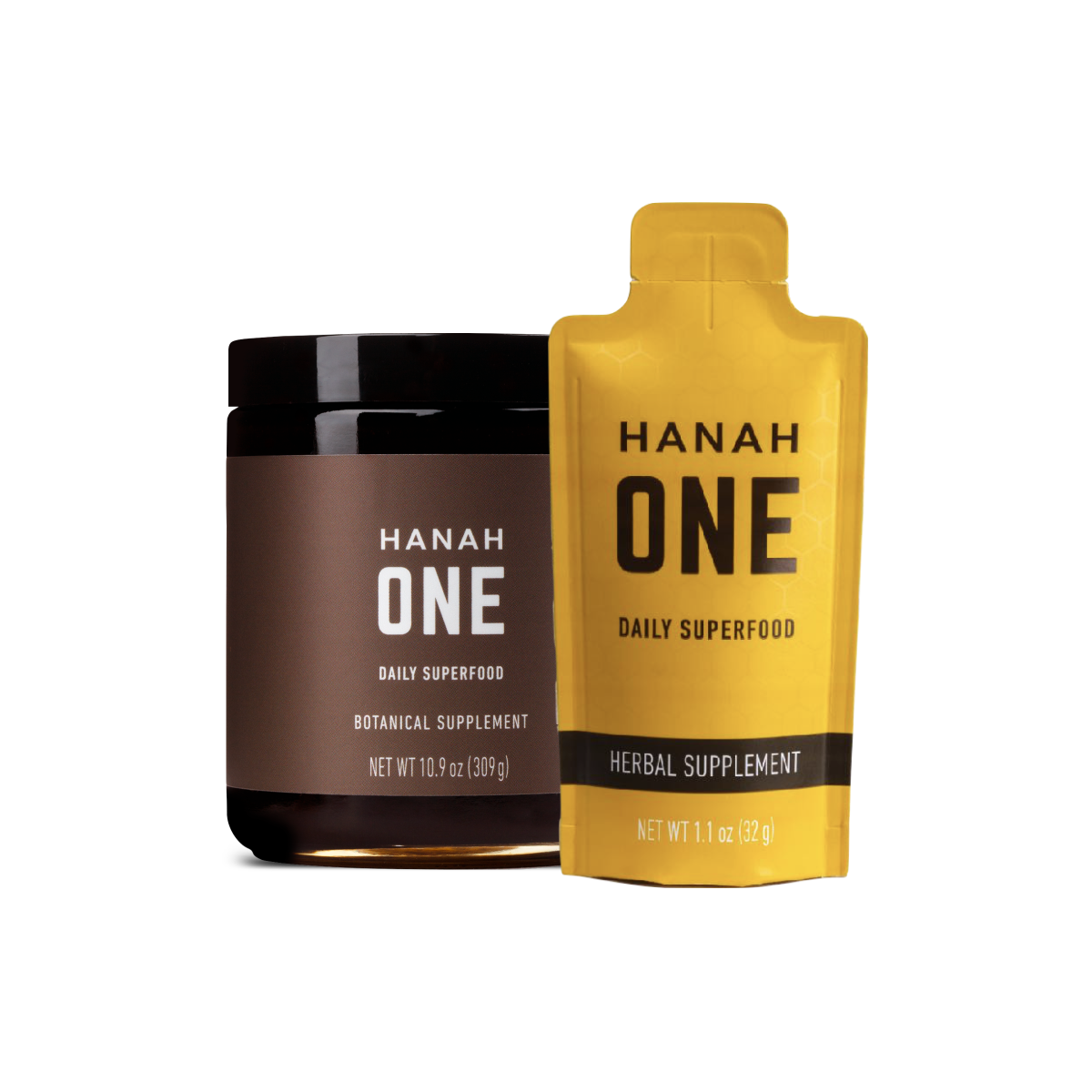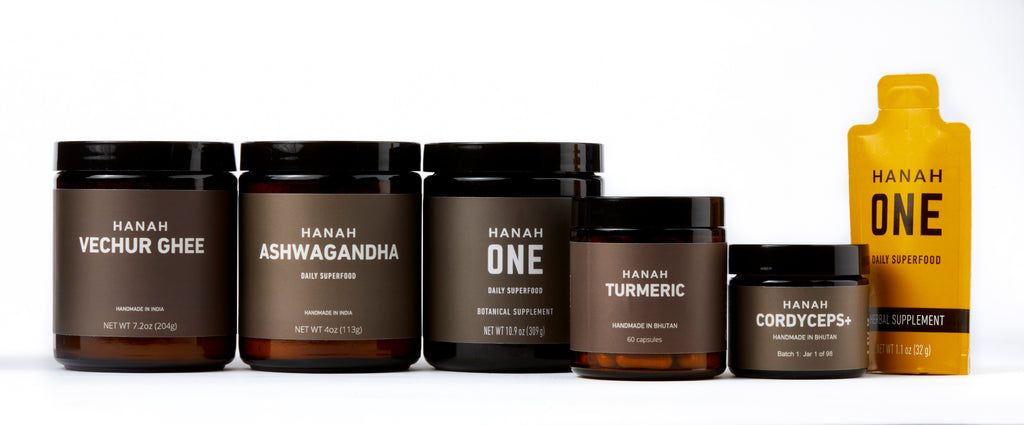5 plant-based nootropics to better your brain

Creating a strong, healthy foundation
“Man is not going to wait passively for millions of years before evolution offers him a better brain.” – Cornelieu Giurgea
The nootropics industry is growing, changing and evolving quickly. Ads for different stacks and supplements are everywhere right now—and for good reason. If you can get past the over-the-top marketing, many users actually report feeling increased clarity and focus while at the same time are having an easier time reaching peak flow state in their fast-paced social, family, and business life.
We all want to create a strong foundation of health to support our minds, bodies and lives, which often touches upon the realms of sleep, hydration, food quality and exercise. But did you know that it’s possible to maximize your brainpower with these natural nootropics?
‘Nootropic’ was a termed coined in 1972 by the Romanian psychologist and chemist Cornelieu Giurgea that denotes a drug, nutrient or food that improves one or more aspects of brain function. It can be any substance whether natural, synthetic, legal or illegal. For our purposes, we will focus on plant-based nootropics.
The term nootropic might be only a few decades old, but these plants have been used since the beginning of recorded history. They now also have clinical trials to back them up and science that supports and explains their effects.
When we choose to use a nootropic, we ultimately want to boost our productivity and are seeking to revitalize or enhance:
- Memory (short-term, long-term, working)
- Focus, attention and concentration
- Feelings of well being
- Language
- Mental imaging
- Problem solving
- Motivation and creativity (more difficult to measure, but crucial to EQ and IQ)
5 plant-based nootropics to add to your stack of supplements
1. Ashwagandha
This super herb has GABA-mimicking effects on the brain. (GABA is an amino acid which acts as a neurotransmitter in the central nervous system. It inhibits nerve transmission in the brain, calming nervous activity.) Ashwagandha promotes the formation of dendrites, the branching neuronal extensions that convey and propagate electromechanical stimulation from cell to cell. The increased formation is considered a marker for increased connectivity in the brain. In one study, ashwagandha was shown to significantly increase motivation. The authors speculate that increase may have been due to its ability to improve mood and reduce anxiety.
Ashwagandha has many well-studied actions and benefits that include:
- Improves cognition by fighting the effects of stress and helping with mood management
- Reduces anxiety and enhances mood
- Provides insomnia relief
- Increase in muscle mass and strength
- Acts as an antioxidant and anti-inflammatory for brain protection and repair
- Extends longevity and reduces the effects of aging
- Improves cognitive function
We're so in love with this root that we decided to cultivate it ourselves. Check out HANAH Ashwagandha+ here.
2. Gotu kola
Gotu kola is referred to as the “student herb.” Gotu kola works in the same way that ashwagandha does by forming dendrite branches and axon growth (there are many dendrites within one axon) that promote new channels of communication in the brain. It can also increase the availability of acetylcholine (ACh) in the brain by preventing ACh from breaking down. ACh is the acetic ester of choline as well as a neurotransmitter found throughout your body—and for nootropic purposes—specifically your brain. In the brain, acetylcholine functions both as a neurotransmitter and a neuromodulator. The brain contains a number of cholinergic areas, each with distinct functions that play an important role in arousal, attention, memory and motivation.
Gotu kola is known to:
- Increase memory and cognition
- Repair and reverse damage to brain cells
- Improve cerebral blood flow
- Healing skin wounds
- Reduce stress
- Eliminate free radicals from within brain cells
3. Bacopa monnieri
Bacopa monnieri, or Brahmi, is perhaps the most common herbal nootropic. Bacopa works similarly to ashwagandha and gotu kola by improving synaptic communication. It enhances the growth and proliferation of dendrites—the branched nerve cell extensions along which neural impulses travel—enhancing neural signaling. This improved neural impulse transmission is a key to cognitive enhancement. Bacopa’s nootropic effects are similar to Pirecetam, which is the “smart drug” that was synthesized by the aforementioned chemist Cornelieu Giurgea in 1964.
Bacopa has been shown to:
- Improve memory formation and speed of recall
- Make learning faster and easier
- Enhance clarity of thought
- Augment overall brain function
4. Lion's mane

Lion’s mane’s mechanisms of action are quite different from those of other nootropics. Lion’s mane enhances cognition by crossing the blood-brain barrier and increasing the amount of Nerve Growth Factor (NGF) in the brain. NGF is a neurotrophin: a small secreted protein that is essential for the growth, maintenance, proliferation and survival of neurons. Lion’s mane prevents and treats nerve damage in the brain. Nerve regeneration helps relieve neurodegenerative disease symptoms such as Alzheimer’s, dementia and Parkinson’s disease.
Benefits include:
- Increase thought processing and memory recall
- Improve nerve disorders
- Eliminate brain fog and restore mental alertness
5. Turmeric
Turmeric’s primary chemical component, curcurmin, boosts neurogenesis, or Brain-Derived Neurotrophic Factor. The production of new neurons in your hippocampus is essential for learning memory. Low BDNF is linked with depression, obsessive-compulsive disorder (OCD), schizophrenia, and dementia. Curcurmin also boosts dopamine and serotonin, the “feel good” neurotransmitters. Turmeric’s bio-availability increases when combined with piperine, an active ingredient in black pepper and Indian long pepper. (Turmeric and Indian long pepper work together in HANAH ONE, along with our latest product from Bhutan, HANAH Turmeric+.)
Benefits of curcurmin (learn even more here):
- Protect brain from inflammation
- Improve cognition, focus, libido
- Fight depression
Each of these five herbs can be taken alone—or they can be combined in order to create a synergistic effect in the brain greater than any increase in cognition than the supplements you “stack” could create on their own. HANAH ONE contains ashwagandha, gotu kola and turmeric in a stack of 30 herbs that benefit from each other to contribute to mental clarity, focus and energy.
Check out similar HANAH blogs:
- Need an athletic edge? Get a natural endurance and power boost with HANAH Cordyceps+
- Sugar 101: Why all Sugars are Not Equal
- What Happens After 16 Days Deep in an Indian Ayurvedic Center
Try out a nootropic stack at home that combines spoonfuls of HANAH ONE, HANAH Ashwagandha+, Vechur Ghee and a couple Turmeric+ capsules with a caffeine source (coffee or green or black tea), and let us know if the effect is different than your typical morning beverage!
Author Megan Henderson is a mom, yoga teacher, former organic farmer and a writer living in Boulder, Colorado, where she grows nightshades and three children while drinking homemade kombucha under the suburban starlight.













Leave a comment
This site is protected by hCaptcha and the hCaptcha Privacy Policy and Terms of Service apply.